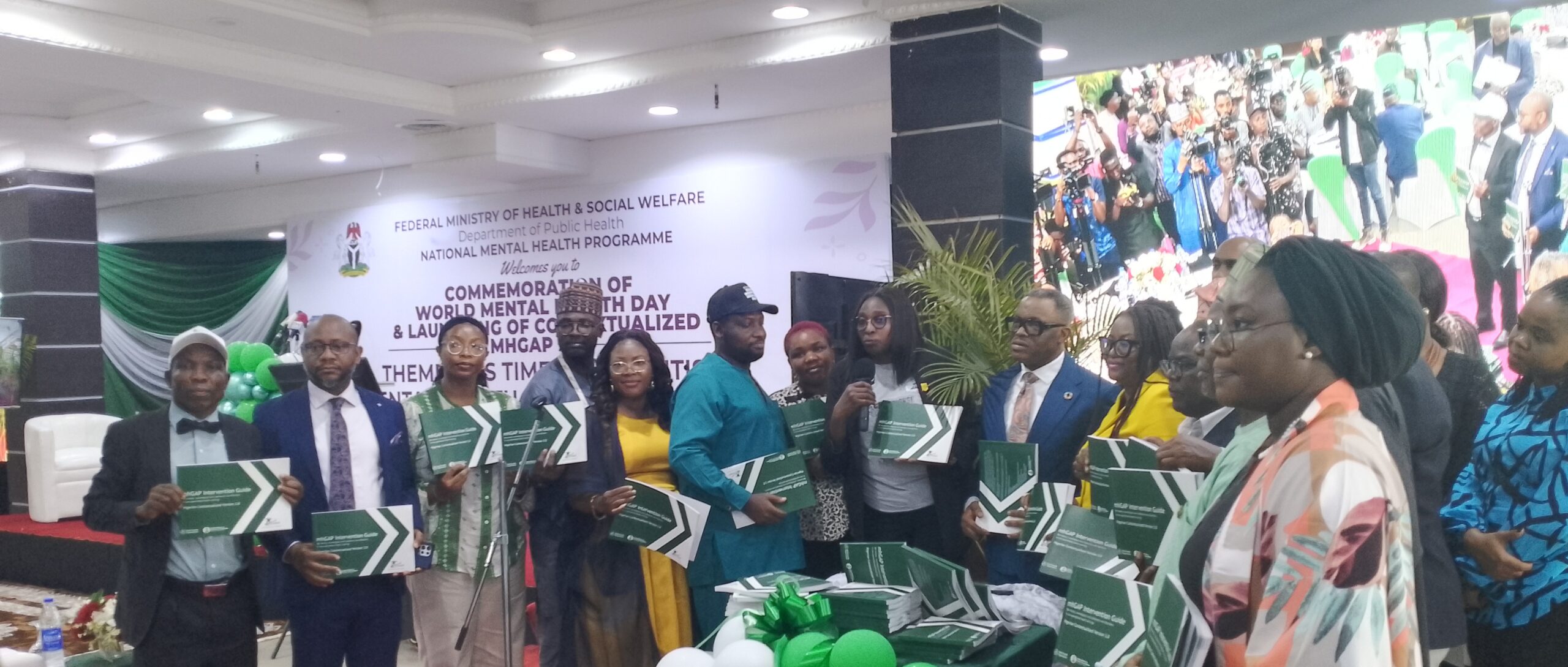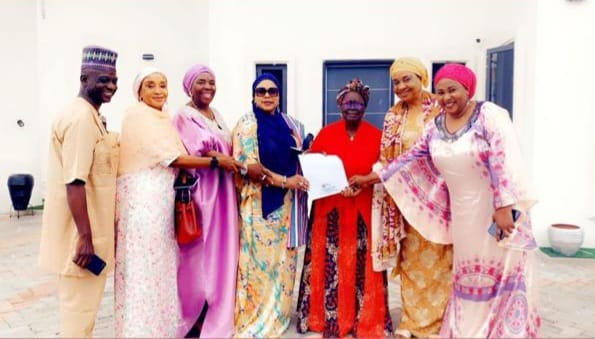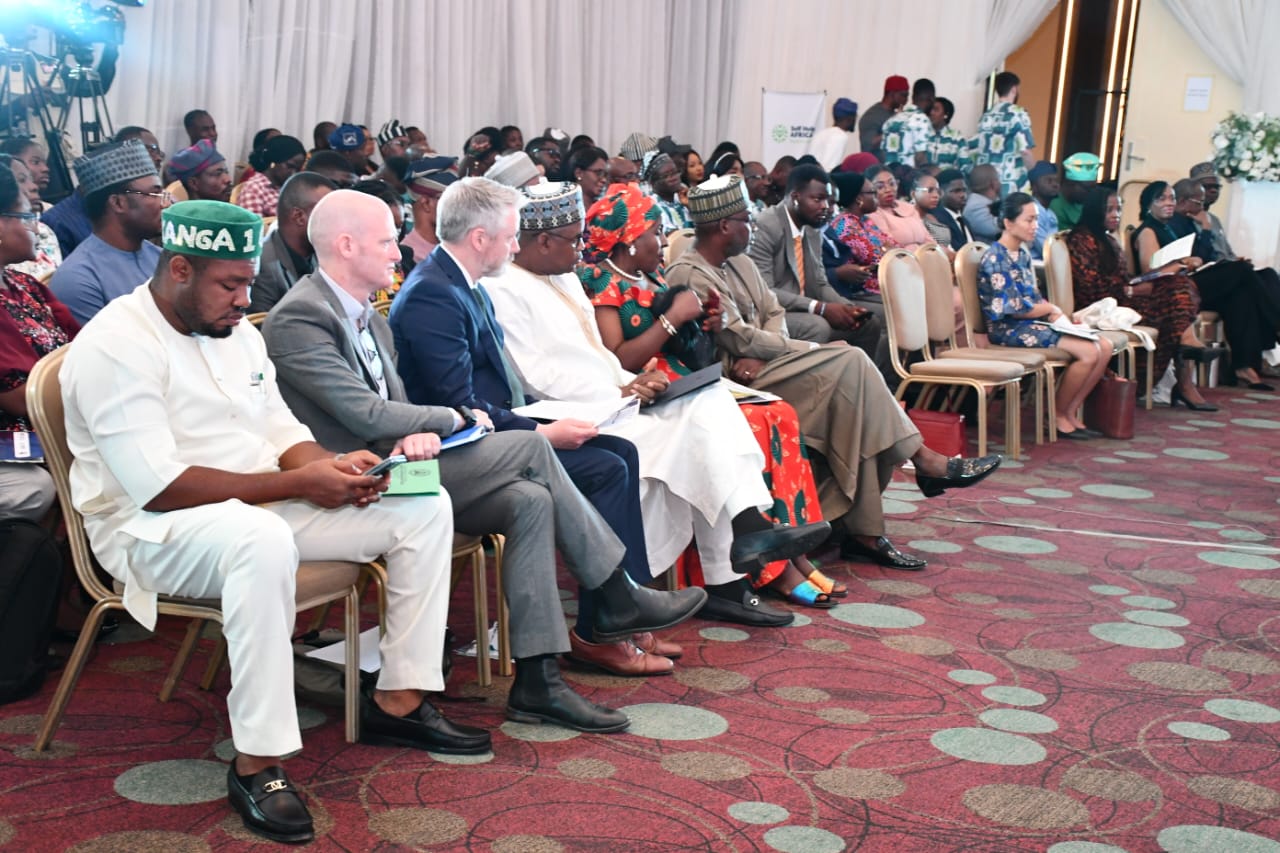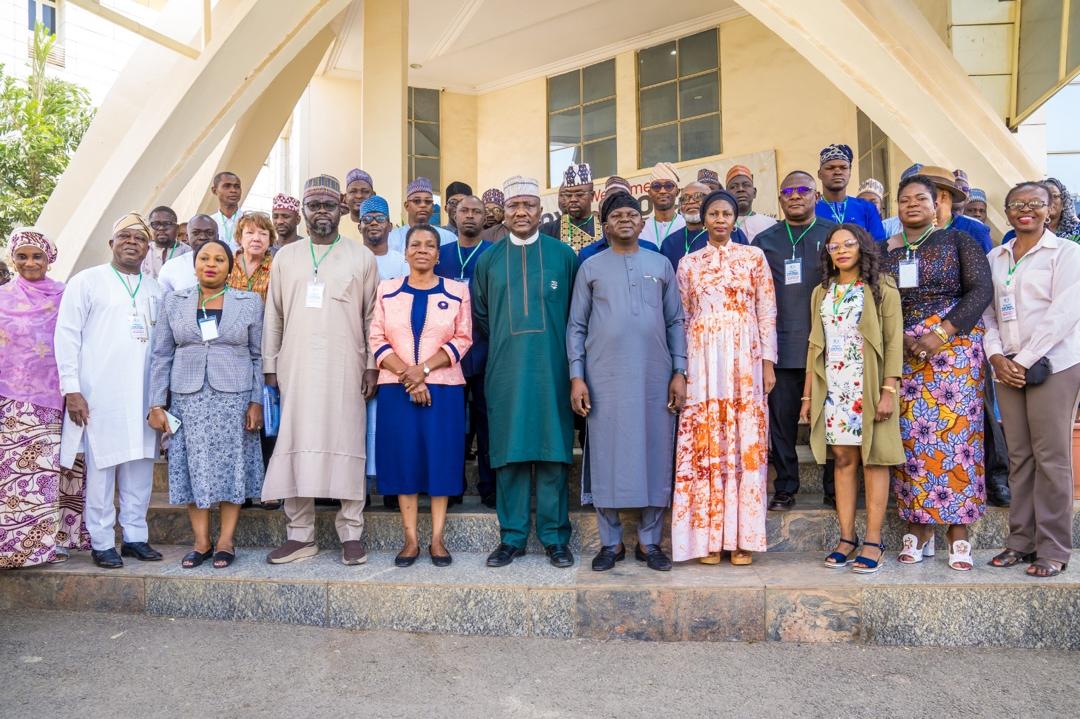
……launch the mhGAP Intervention Guide for Mental, Neurological, and Substance Use Disorders in Non-Special Health Settings
By Fatima Saka
As Nigeria joins global communities in addressing mental health issues, the federal government has announced plans to decentralize mental health services to enhance access to affordable and high-quality mental healthcare nationwide.
The government, under the Federal Ministry of Health and Social Welfare, demonstrates a steadfast commitment to prioritizing the implementation of mental health legislation and policy in Nigeria.
During the Commemoration of the 2024 World Mental Health Day in Abuja, the Coordinating Minister of Health and Social Welfare, Professor Muhammad Ali Pate, revealed this initiative while launching the mhGAP Intervention Guide for Mental, Neurological, and Substance Use Disorders in Non-Special Health Settings.
Additionally, a National Taskforce was inaugurated to facilitate the Decriminalization of attempted Suicide, led by Prof Cheluchi Onyemelukwe A, a professor of Health Law and Executive Director of the Centre for Health Ethics and Development (CHELD).
Representing the Coordinating Minister, Kachollom Shangti Daju mni, the Permanent Secretary of the Federal Ministry of Health and Social Welfare, emphasized the 2024 theme: “It’s Time To Prioritize Mental Health In the Workplace,” which serves as a global call to action.
Professor Pate underscored that the 2024 World Mental Health Day highlights various aspects of mental health in the workplace, from workplace conditions and stress management to the significance of social inclusion and empowerment.
He emphasized the need to champion mental health in the workplace and establish best practices that foster cultures where employees can contribute effectively and flourish.
Mental health issues such as depression and anxiety are prevalent in workplaces worldwide, impacting productivity, attendance, and overall performance. The economic cost of untreated mental health conditions is estimated at US$1 trillion annually by the WHO.
The Coordinating Minister stressed that mental health is as vital as physical health, yet it has long been marginalized and stigmatized.
He stated that mental health conditions involve a clinically significant disturbance in an individual’s cognition, emotional regulation, or behavior, often associated with distress or impairment in crucial areas of functioning. “According to the WHO’s 2022 report on mental health statistics, one in every eight people worldwide lives with a mental disorder.
“Our government is dedicated to changing this narrative. The National Mental Health Policy 2023 focuses on promoting mental health and decentralizing mental health services in Nigeria.”
“Policy actions to improve mental health in the workplace include encouraging employers and employees to develop health policies for the workplace, prevent work-related mental health conditions, protect and promote workplace mental well-being, and support workers with mental health conditions to participate fully in work,” Professor Pate.
The Coordinating Minister acknowledges the profound impact of mental health on productivity, relationships, and overall quality of life. “It is committed to promoting a healthy and conducive workplace environment for all, calling on both the public and private sectors to support this global and national agenda.
“In a significant milestone towards improved mental health and well-being for Nigerians, Nigeria has become the first country to contextualize the World Health Organization’s (WHO) Mental Health Gap Action Programme (mhGAP) version 3.0. The contextualized mhGAP aims to address the mental health treatment gap in the country and strengthen human resources for mental health service delivery.”
Representing the Permanent Secretary, Dr. Chukwuma Anyaike, Director of Public Health at the Federal Ministry of Health and Social Welfare, emphasized that mental health is a fundamental right and promoting it in the workplace is not only a corporate responsibility but also a national interest.
“I also want to acknowledge our civil society organizations, professional bodies, and media partners. Your advocacy, continuous dialogue, and efforts to spread awareness have contributed significantly to the progress we have made in mental health advocacy.”
Advocacy collaboration and awareness efforts have significantly contributed to the progress in mental health advocacy.
In addressing mental health in Nigeria, the former First Lady of Kwara State, Toyin Saraki, founder of the Wellbeing Foundation Africa, mentioned partnering with the primary health care development agency to incorporate a mental health checklist into the country’s maternal and child health record.
Dr. Kelias Mysyamboza, representing the Country Director of the World Health Organization (WHO), highlighted the importance of providing a safe and healthy work environment for all workers, emphasizing that mental health conditions significantly impact the global economy and the participation of individuals living with severe mental health conditions in economic activities.





